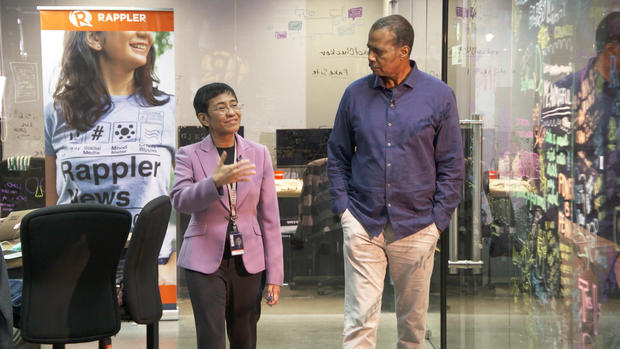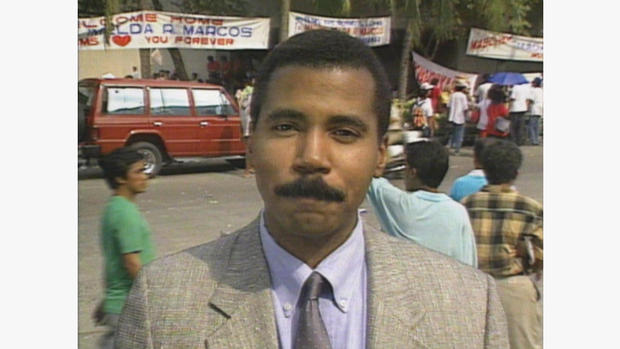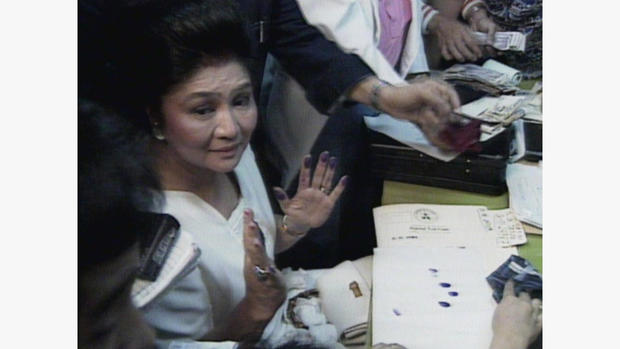Journalist Maria Ressa is on a crusade. She is fighting in her home country of the Philippines to keep doing what she has done for more than three decades—report the news.
“I think this is our generation’s battle right now,” Ressa told 60 Minutes correspondent Bill Whitaker. “It’s the battle for truth. We have to protect the facts.”
Philippine President Rodrigo Duterte has a contentious relationship with the press during his three years in office. He swears at them, occasionally singling out a reporter for ridicule. Through her news website Rappler, Ressa has reported on President Duterte’s bloody war on drugs, and because of it, she says she has been threatened with rape, imprisonment—even death.
Though freedom of the press is enshrined in the Philippine constitution, Reporters Without Borders now ranks the Philippines 134th out of 180 countries in its most recent report on press freedom.
“You’re supposed to be able to write and speak and report,” Ressa said. “And there should not be repercussions.”
Ressa’s experience today is a marked difference from the open press environment Whitaker saw when he first began covering the Philippines 30 years ago. At the time, he was CBS News’ Tokyo correspondent and was dispatched to stories all over Asia.
“The press kind of had free rein,” Whitaker said of the Philippines. “You could go right up to a politician. You could go to the courts. We had access to just about everybody, any place. I had not ever experienced a journalistic environment like that before.”
Whitaker remembers accompanying former Philippine first lady Imelda Marcos on her return to her home country from exile in the United States. She and her late dictator husband, Ferdinand, had stolen billions of dollars from the country’s treasury, and she knew she would be arrested when she returned. Whitaker went with her to the police station, where the press gathered just feet away as Marcos performed for the cameras.
Despite the current climate, Whitaker is hopeful that unfettered journalism in the Philippines can return.
“There is a spirit in the Philippines that can’t be snuffed out,” he said. “I really do believe that if there were another president there and he was not as forceful in his opposition to the press, that the raucous free-spirited press that I first saw there in the 90s, I think it would come roaring back.”
To watch Bill Whitaker’s 60 Minutes report on Maria Ressa, click here.
The video above was produced by Brit McCandless Farmer and Sarah Shafer Prediger. It was edited by Sarah Shafer Prediger.
Video of Ressa being arrested courtesy of Rappler.
© 2019 CBS Interactive Inc. All Rights Reserved.




